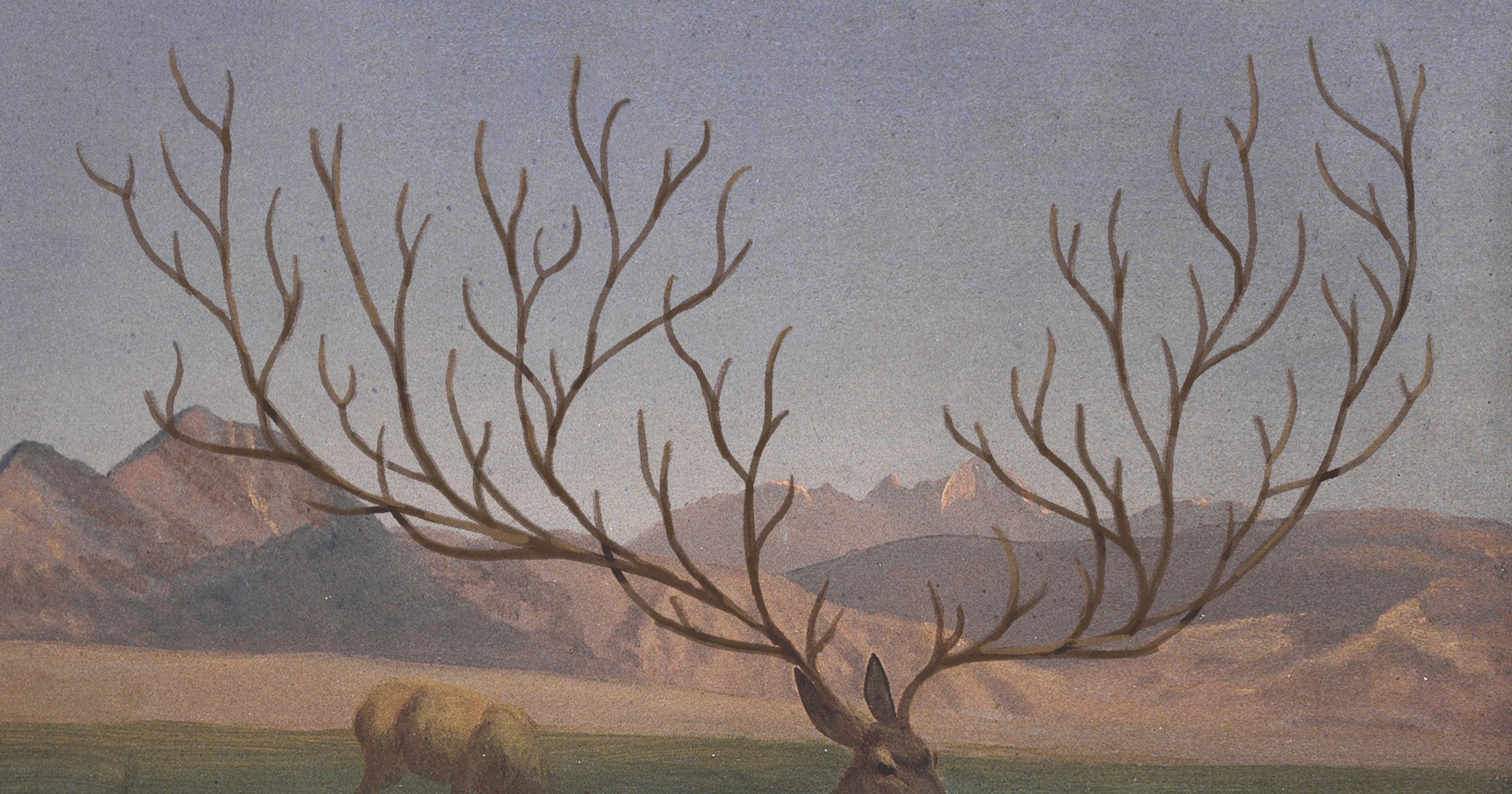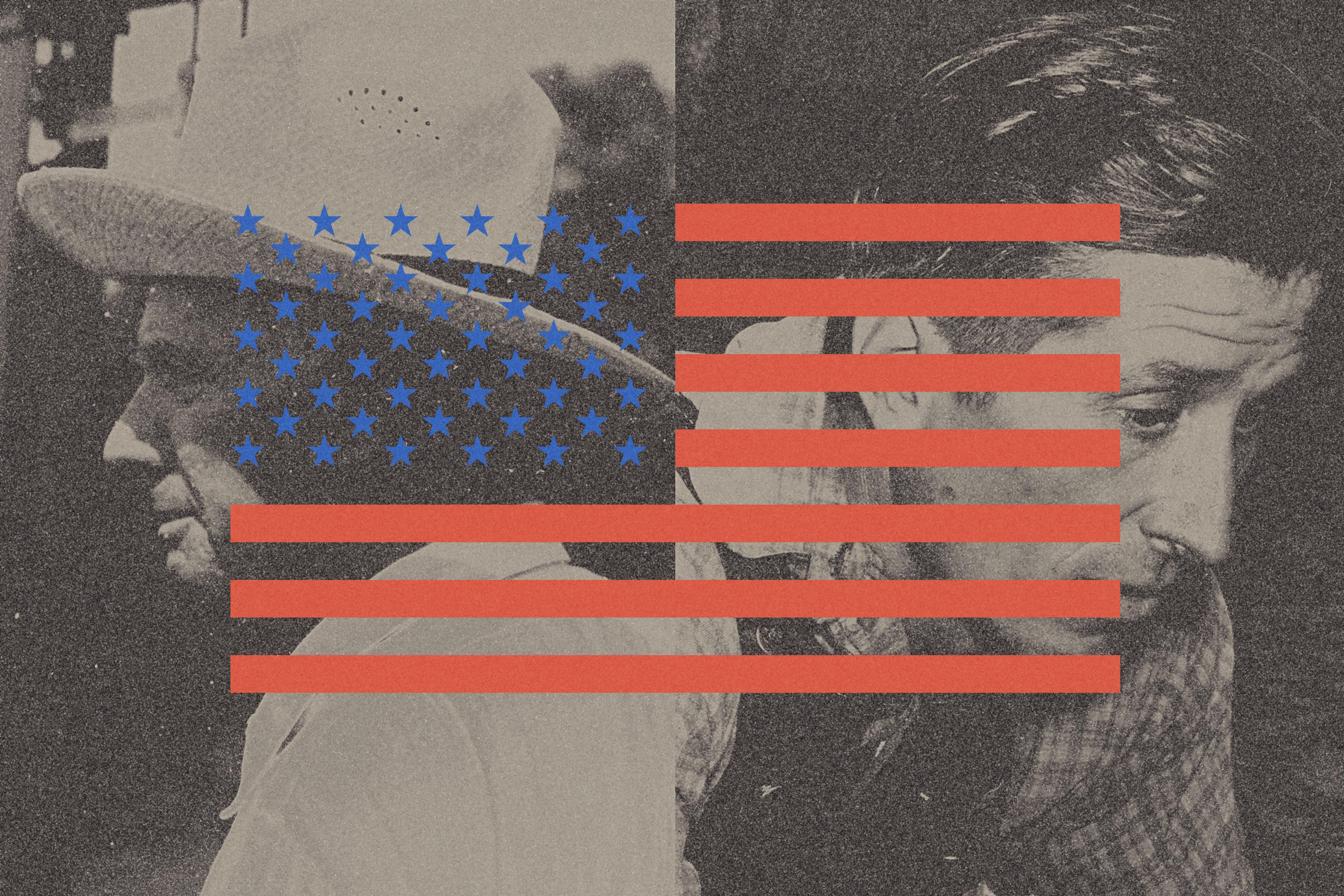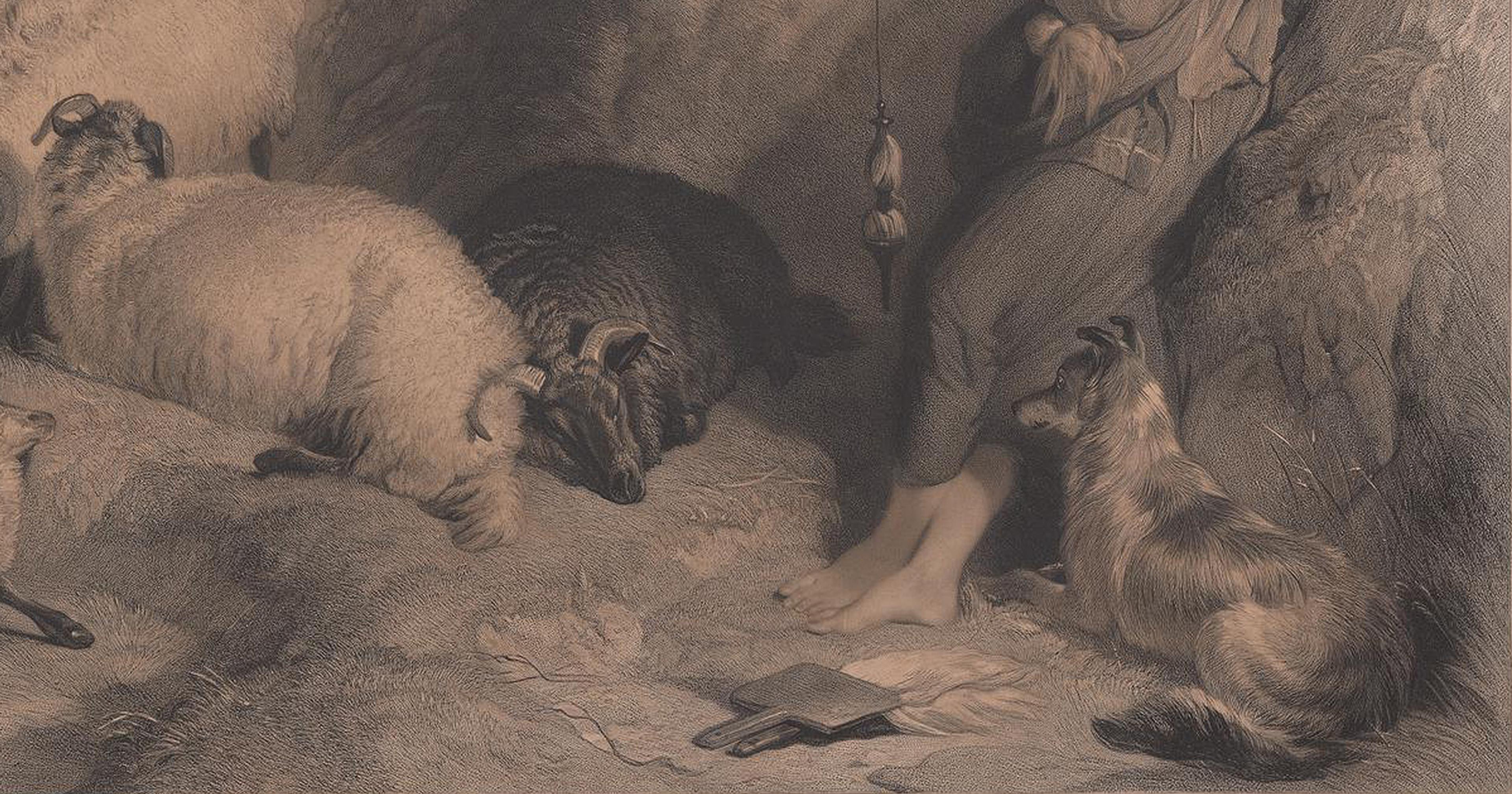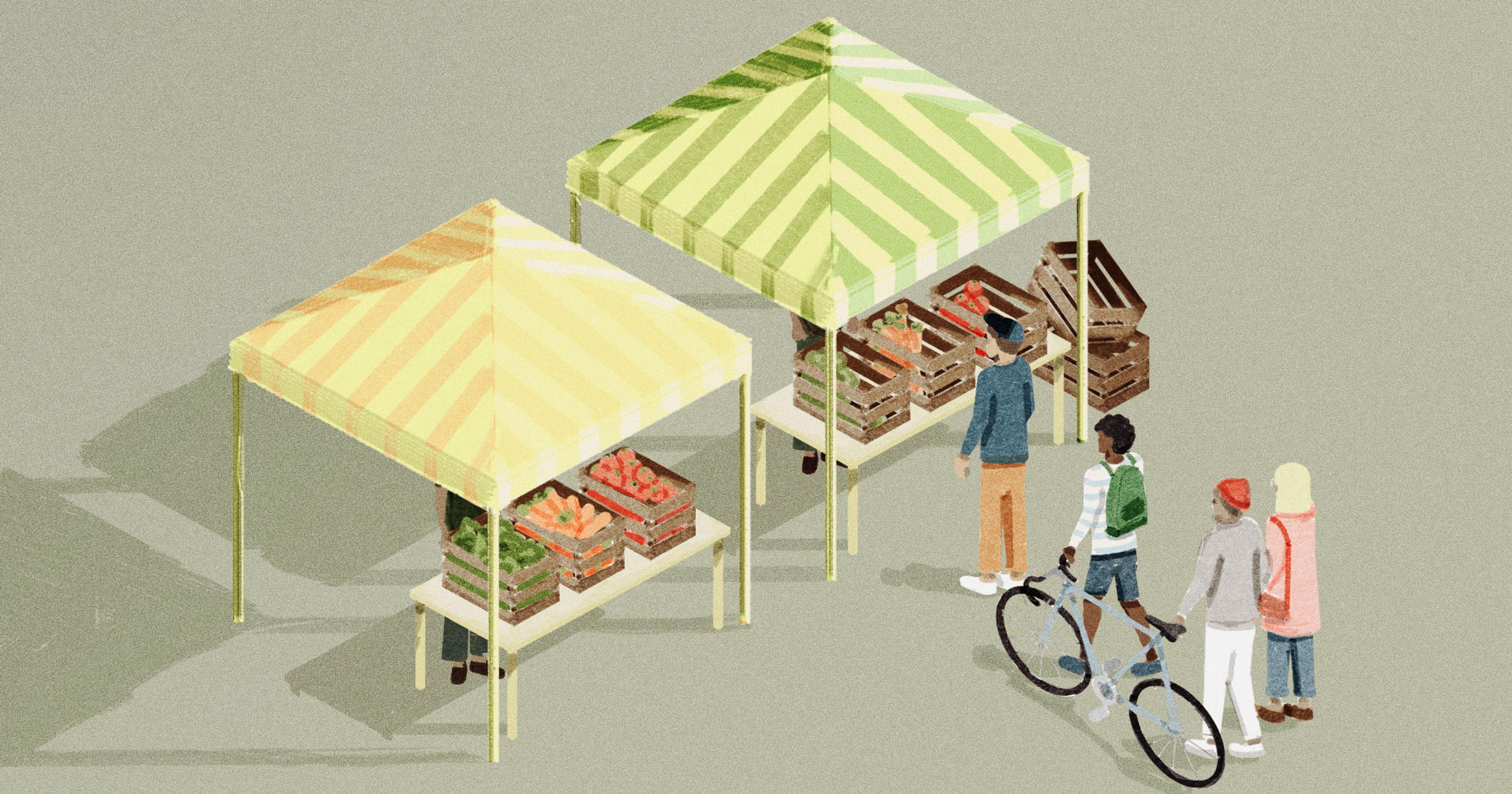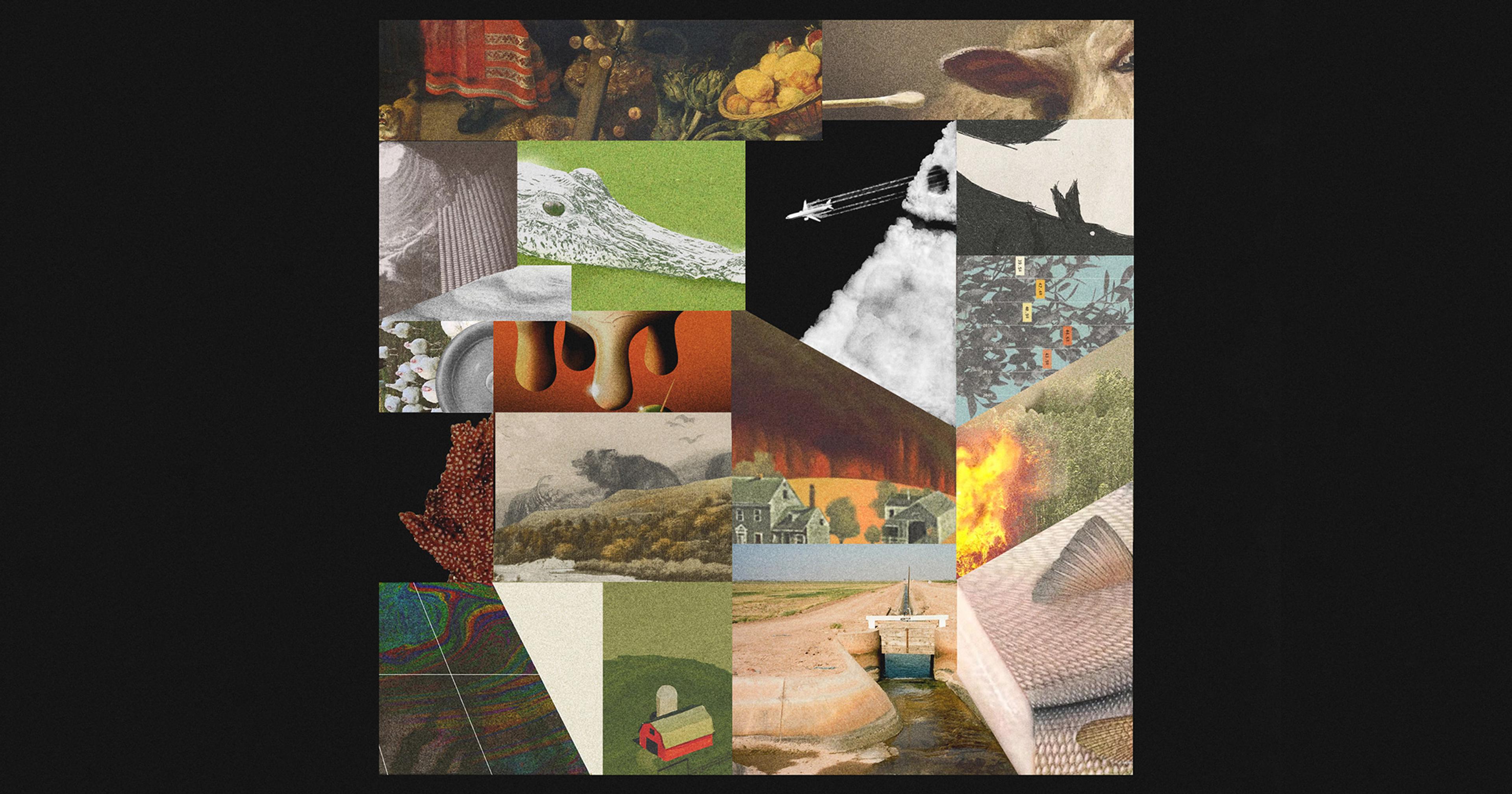A grudgingly Democratic cattle rancher doesn’t believe beef causes climate change — but proudly adds his voice to the growing chorus of “true” environmental advocates in red Montana.
On November 6, Senator Jon Tester — the last remaining Democrat to hold federal office in Montana — was voted out. Tester is a self-described “dirt farmer” who has served three terms as senator. This election, he refrained from endorsing Harris-Walz, presented a more conservative stance, and hoped in vain that Montanans would split their votes, separating national from local as they have often done.
Gilles Stockton, a sheep and cattle rancher from Grass Range, Montana, is a Democrat who disavows what he sees as the party’s dismissal of rural demographics.
“I live in a community in Montana right now that’s considered deep red Trump territory. And I don’t see the attraction,” he said. But, “I’m quite disgusted with the way the Montana Democrat party has been addressing the rural parts of Montana,” he added.
The former president of the Montana Cattlemen’s Association, Stockton has worked with Tester on advocating for the COOL (Country of Origin Labeling) Act, which would keep imported beef and pork from being tagged “Product of USA” just by virtue of being packaged domestically.
Transparency in agriculture — for producers and consumers alike — is a passion of Stockton’s. His recent book, Feeding a Divided America: Reflections of a Western Rancher in the Era of Climate Change, takes the form of a battle cry. The title evinces an understanding of his own heterodox identity as a member of a rural, conservative-leaning industry who readily acknowledges the threat of climate change.
It also gives clues to those obsessively searching for answers in the wake of Trump’s re-ascent to the presidency. Is there an answer in a man who is not at a liberal remove, who is in fact deep in manure, meat, and Montana, talking about protecting the environment?
The book’s conception reflects Stockton’s active participation in civic life: It began out of frustration with the constraints of letters to the editor about the food system, grounded in his decades-long farmer advocacy at the grassroots level. The ends of this advocacy may challenge typical ideas of what ranchers want. For instance, the Montana Cattlemen’s Association’s mission statement says they “shall be true environmentalists in protecting and advancing their environmental positions in water rights, mineral rights, and natural resources.”
According to Stockton, Democratic policy toward wild animals in Montana in particular has contributed towards the backlash against them. “Obviously, the Democratic party doesn’t have a platform that says we are in favor of wolves and grizzly bears,” he said. Still, “When you live with those animals every day, as a rancher you’ve got this very intimate connection with them that other people don’t have, and you wonder, where in hell did they get that notion?”
For him, rewilding national parks dismisses farmers‘ needs and expertise. Treating rewilding as a niche, rural issue is tantamount to abdicating state power, as the results of this election have proven.
“You have a lot of idealistic, utopian folks from the city who think ... the animals should run wild, and people should not be part of the equation.”
“You have a lot of idealistic, utopian folks from the city who think that the ranges or the mountains in the West, both of which are just very vast spaces, they should all be wild, and the animals should run wild, and people should not be part of the equation,” said Baker Morrow, the book’s commissioning editor and Stockton’s friend from his USAID days in the late 1960s.
Stockton also strongly objects to those who draw a relationship between cows and climate change, responding to the charge with a level of personal offense.
“You know, people believe a lot of shit,” he said. He referred to it as an urban myth — emphasis on the “urban.” “There has always been this cycle [of methane production],” he said. “This is happening in the guts of animals and in the bottom of the swamps and just in the decomposition of organic materials in the soils … How’s the belief come about that cows are somehow different?”
He pointed out that cheap meat means that people can eat. Take it away, and you find “a bunch of people starving to death.” One section of his book is named, “The Vegetarian Nonsolution.” As perhaps befits his position ranching in the harsh Eastern Montana landscape, Stockton does not imbue untamed nature with a sense of justice or balance. He is vocal in his conviction that agriculture imposes necessary order in a wasteful, violent system — and argues that ranching constitutes the only sustainable form of agriculture.
This is how he demands respect for former U.S. farmers, who have been forced to leave the lands that shape their identities because, as he repeatedly returns to, we have “a national policy that systematically confiscates the food we raise for less than it costs to produce.”
Stockton explains why farmers vote overwhelmingly Republican by comparing them to traumatized cows, who respond with rage when they are vulnerable or hurt, even toward those who try to help. Stockton terms this visceral anger “Political Extremist Personality Disorder.”
Stockton explains why farmers vote overwhelmingly Republican by comparing them to traumatized cows, who respond with rage when they are vulnerable or hurt.
His positive feelings toward human intervention into the environment, which some may understand as conservative-coded, do not represent support for environmental extraction. In fact, he reminds the reader that Montana farmers stood up against mineral exploitation even when it meant the loss of jobs for their families. He is also unequivocal about his disdain for Republican policy, pointing out the irony of farmers supporting a border wall when they rely on undocumented migrant labor to maintain their operations.
“The [Republican] alternatives — fascism, a police state, theocracy — are unacceptable,” he writes. Stockton expresses disgust towards local Republican lawmakers, who have mocked Covid precautions, loosened gun regulations, and legislated kids’ genders.
Indeed, he proudly adds his voice to the growing chorus of environmental advocates in Montana who lay a claim to authenticity. Sara Call Ihrie, who hosted the Montana Farmer and Rancher Heritage Project podcast while studying in Missoula, said, “The majority of the people I talked to brought up that they were probably the real environmentalists and the original stewards of the land as far as mass scale food production goes.”
She continued, “Every single one of them talked about sustainability in one way or another … Some of them were really quick to be like, ‘I’m not an environmentalist, but I wanna take care of my land,’ and a couple of others were like, ‘I am an environmentalist and I wanna take care of it my way and I’m willing to try these [techniques] that most people think I have to see.”
Politically, Stockton is concerned about the ramifications of the fundamental misunderstanding between food producers and environmentalists, “the people concerned with watersheds, soils, and outdoor recreation,” at the perceived expense of those who make their livings by stewarding the same land. This degree of misunderstanding elevates the risk of climate disruptions, for which our agriculture system is catastrophically unprepared.
He reminds the reader that Montana farmers stood up against mineral exploitation even when it meant the loss of jobs for their families.
For me, Feeding a Divided America opened more questions than it answered. It represented — far more than a typical academic book about agriculture or the environment — the author’s particular quirks and preferences. Both personal and expansive, it fits more into the genre of testimony than memoir. But the memoiristic sections compelled me easily, including the middle insert full of family photographs.
Stockton is likeable and well-intentioned; when he rebuts the conventional science around beef and climate change, it couldn’t help but give me pause. However, what struck me as more interesting than the departure from scientific wisdom was why. His emotional motivations differ from those of critics of the meat industry and the Big Ag-funded beef lobby alike. Instead, he seems driven by a concern with the basic premise of the question: that cattle, at the end of the day, can be seen as responsible for the ethical bargains that humans make. The idea of fault here is more precise than that of someone living in the city, at a remove from the animals they may or may not enjoy eating.
(Disclaimer: I eat beef, and I don’t doubt the industry’s contribution to climate change — though it is important to recognize that much of this is from the depredations of industrial agriculture, rather than smaller, grassfed operations.)
Is there a lesson to be drawn from this? I don’t know. Stockton writes from the trenches — and his reflections, for better or worse, don’t have the privilege of distance. But now, after the U.S. presidential election, it’s clear that more people recognize they are in the trenches too.


